Non-Fungible Tokens (NFTs) Explained

The subject of today’s report is fungibility and non-fungible tokens or NFTs. Please note that, in this report, the use of "tokens" or "crypto-tokens" refers to all cryptocurrencies, crypto-assets, crypto-coins, or any other cryptographically-secured digital asset.
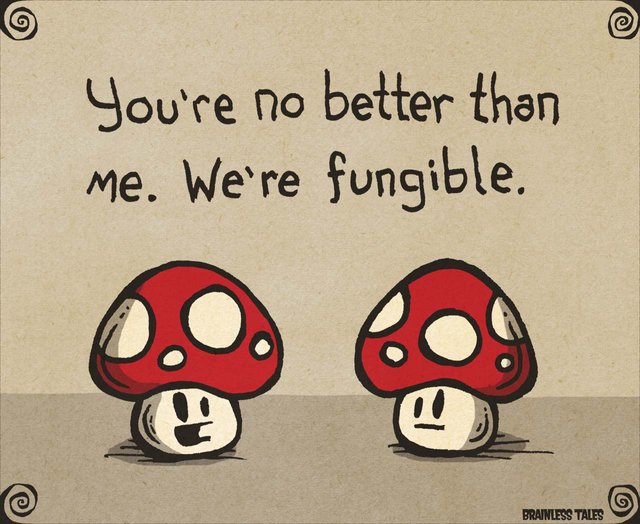
Before we can comment on the implications of a token being fungible or not, we need to establish what fungibility means in an economic sense and as it applies to cryptographic tokens.
What is fungibility?
Fungibility refers to the equivalence or interchangeability of each unit of a commodity with other units of the same commodity. In other words, fungibility exists when you can swap one unit of a commodity, such as kilos of gold, barrels of oil, or bushels of rice, for another without any loss or gain of value. The same applies to fiat currencies like dollars, pounds, or Yuan. If you lend a dollar bill and receive back a different dollar bill, it makes no difference to you because a dollar is a dollar and the purchasing power of all dollars is the same.
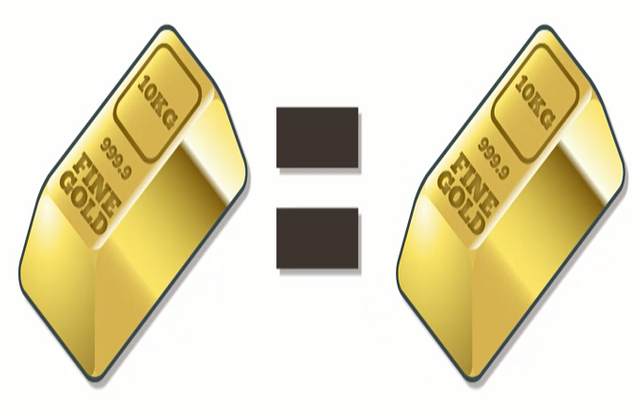
Divisibility
Another important part of being fungible is divisibility. Fungible assets can be divided into smaller units and still retain value based on what percentage of the whole asset the units make up. Half a kilo of gold has 50% of the purchasing power of a full kilo. 50% of a dollar, or 50 “cents”, has the purchasing power of half a dollar. Of course, fungibility also means that an asset can be grouped together into larger amounts to increase purchasing power, but each individual unit is still indistinguishable.
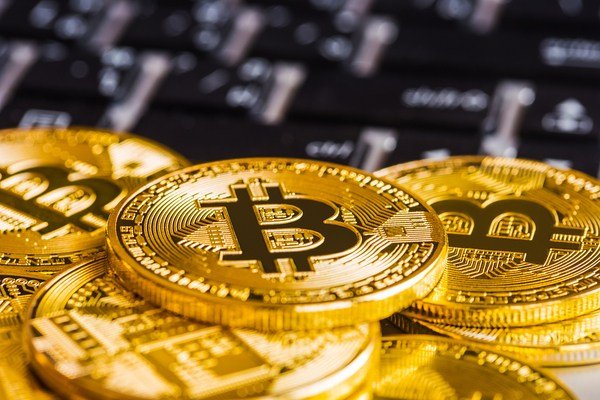
The majority of cryptoassets in the market are fungible. Bitcoin, Ethereum, STEEM, EOS, USDT, essentially everything on Coinmarketcap are all fungible crypto-tokens. One bitcoin is as good as any other, as is one Ether or STEEM to any other. All ICOs are conducted using fungible tokens, the majority of which are built on Ethereum using the ERC-20 standard.
Fungibility is important for many crypto-tokens as their goal is to be a medium of exchange, store of value, or unit of account. Within their own protocol economies, these fungible tokens operate as currencies, and hence, the entire market is often referred to as the “cryptocurrency market”.
From the birth of bitcoin in 2009 to the present day, 99.9% of the value of the crypto-asset market has been in fungible tokens, but the blockchain has much more to offer. The dominance of fungible tokens over the total capitalization of the crypto-asset market is beginning to be contested.
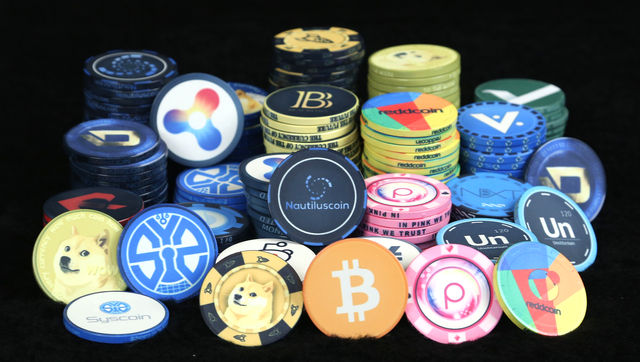
Non-Fungible Tokens
If fungible tokens are interchangeable, uniform/identical to each other, and divisible, then naturally non-fungible tokens (NFTs) possess none of those properties. NFTs are…
• Unique
Each NFT has distinctive information and attributes that make it verifiably different from any other and which also allows individual tokens to have differing levels of scarcity and value. University degrees/certificates, plane tickets, or works of art are examples of pre-blockchain non-fungible items.
• Non-interchangeable
Because NFTs are unique, they are also non-interchangeable. Crypto-collectables like CryptoKitties, Decentraland, and other tokens built on the Ethereum blockchain using the ERC-721 Standard cannot be swapped out for each other. Each CryptoKittie might look similar and be built on the same protocol, but they have unique attributes and breeding that cause differing degrees of rarity and value in the market.
-The ERC-721 standard currently dominates the NFT market as ERC-20 does the fungible token market, but the new ERC-1155 standard is beginning to make some waves, and has several improvements over ERC-721 and ERC-20.
.jpg)
A university degree is also non-interchangeable. I cannot swap a degree in philosophy for a degree in engineering, and then go get a job designing a bridge. Though the two degrees may look very similar, especially if they come from the same university, there is unique information contained in each that makes them non-interchangeable.
• Non-divisible
NFTs are not divisible. The elementary unit is the token. Someone wouldn’t get very far in an online esport fighting game having only purchased half of a tokenized sword. Only purchasing the whole sword has any value for a player.
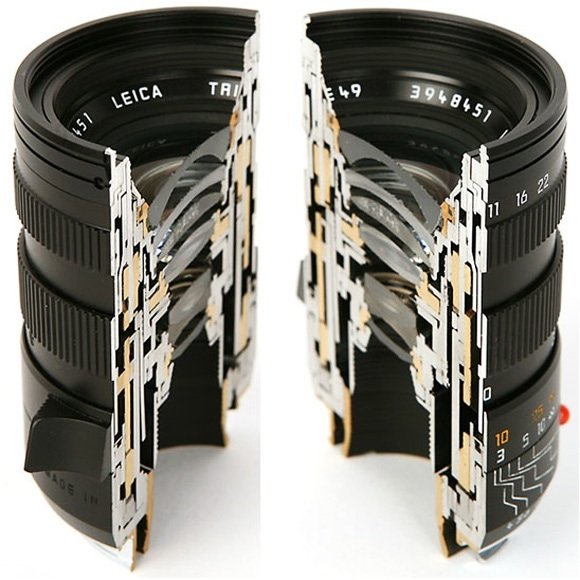
Again similarly, a university degree cannot be divided and maintain its value. One could not complete only half of med school, receive half a degree, and then proceed to find a job that pays 50% of a doctor’s salary. Equally absurd, one could not complete med school and become a doctor and then loan half your degree to a friend to help them out. Non-fungible assets, whether tokenized or not, only retain value as a whole.
-A note on NFTs lacking divisibility. NFTs themselves cannot be divided but the ownership of the NFTs can be fractionalized through tokenization. Meaning a certain amount of fungible tokens can be created as shares of ownership of an NFT. This is similar to a company issuing shares of fractional ownership of the company but the company itself would need to remain intact for any of the shares to maintain value.
Use-Cases for NFTs
A blockchain can serve as a ledger that maintains ownership of non-fungible tokens. The advent of NFTs opens up a whole new realm of possible uses for the blockchain. NFTs are currently being used to verify ownership of intangible assets, but they can also be used to verify ownership of tangible assets as well. In fact, one of the most exciting uses of NFTs is the tokenization of illiquid assets, such as real estate, and making them liquid, but this will be a subject explored more thoroughly in future posts.
For now, here is an incomplete list of uses for NFTs:
• Crypto-collectables
• Tokenization of video game items
• Security tokens: real estate, art, collectables, memorabilia
• Certificates: IDs, degrees, licenses, etc
• Web identities for privacy
• Keys & passes: possession of an NFT is used in place of a password for instance.
• Fractional ownership of physical goods
• Wills
• KYC procedures
• Voting for governmental and non-governmental elections
• Copyrights
• Medical data
• Supply chain tracking
• Loyalty programs like Delta Skymiles (30)
• Deeds to homes and vehicles
• Warranties
• And many many more uses not listed here
-One final note on tokens, while we do believe that fungible tokens will lose some of their dominance of the overall value of crypto-tokens to NFTs, this is not to say that they are not going to continue increasing in value or that fungible tokens are old tech and NFTs will replace them in the future. Both fungible and non-fungible tokens have important roles to play in the future tokenization of the economy. More on this next time.
Sources/Reading List
Below are all the sources we have personally used to familiarize ourselves about NFTs. This is new tech and things advance very quickly, but if one were to read all the information contained in these articles, essays, and blog posts, they would have a solid grasp on the topic and be able to have an educated discussion about it.
We will be doing a series of reports on different topics regarding crypto-assets and blockchain technology going forward, and at the end of each report we will provide a reading list for anyone who is interested in gaining a basic education on that topic. If there are readers that are aware of other good sources on the topics written about here, please leave a comment with the link or name of the source, so it can be added to the list.
Some of these can be a bit redundant, but the different authors explain and express things in different ways that can help the information sink more thoroughly into the mind.
These sources are in no particular order of reading at the moment.
- https://blockchainhub.net/blog/blog/nfts-fungible-tokens-vs-non-fungible-tokens/
- https://cointelegraph.com/explained/erc-20-tokens-explained
- https://cointelegraph.com/exp…/non-fungible-tokens-explained
- http://erc721.org/
- https://www.cryptokitties.co/
- https://decentraland.org/
- https://medium.com/point-nine-news/mapping-the-emerging-non-fungible-token-landscape-ee56f0d1079f
- https://blog.enjincoin.io/erc-1155-the-crypto-item-standard-ac9cf1c5a226
- https://thecontrol.co/digital-collectibles-a-new-category-of-tokens-emerging-fb991c1dff6a
- https://www.investinblockchain.com/esports-nft-gods-unchained/
- https://blockonomi.com/non-fungible-tokens/
- https://hackernoon.com/an-overview-of-non-fungible-tokens-5f140c32a70a
- https://blockonomi.com/erc1155-gaming-token/
- https://medium.com/0xcert/fungible-vs-non-fungible-tokens-on-the-blockchain-ab4b12e0181a
- https://github.com/ethereum/EIPs/issues/1155
We hope you found this post to be helpful. If you have any other subjects you would like reported on, please let us know.
Cheers!
Great article!
Much appreciated!!